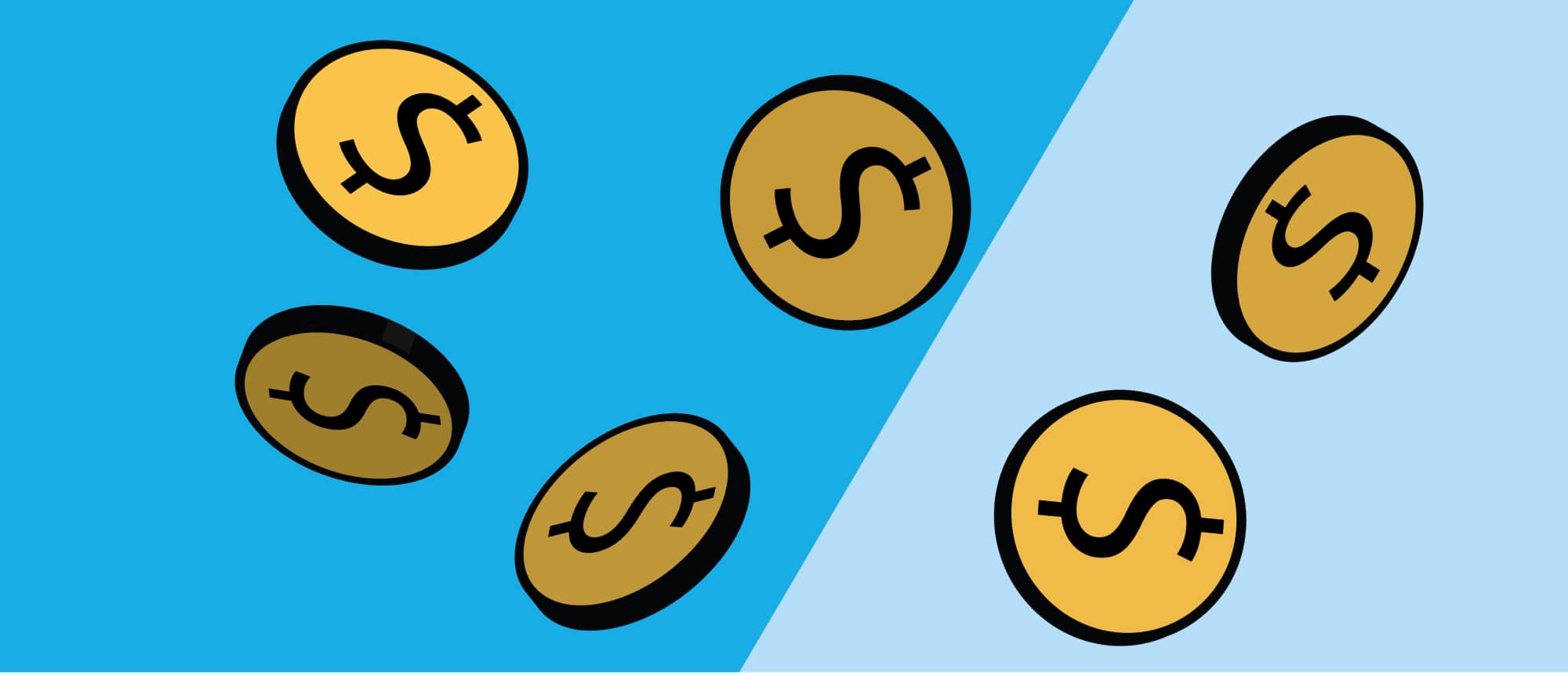The Other Side of a Good Idea
Berkshire Hathaway’s Charlie Munger says that to have an opinion about anything, you must be able to argue the opposing side’s position, too. It’s how you fight confirmation bias and discover holes in your own reasoning.
It is possible to believe in the value of doing good as an investment strategy while being aware of the counterarguments and rebuttals. In fact, it’s vital. Here are two such arguments.
- “Good” means different things to different people. So what counts as socially responsible to one person can look like the opposite to another.
Vanguard Group sells a few different ESG mutual funds. One, the Vanguard ESG U.S. Stock ETF, bills itself as a place where “where your money can reflect what matters to you.” It’s being sincere with that statement. But “what matters to you” varies from person to person.
The fund’s top holdings include McDonald’s, Coca-Cola, and Pepsi, which many would claim sell products that are leading causes of obesity and diabetes. It includes Moody’s, whose faulty bond ratings were a key factor in the 2008 financial crisis. It includes Bank of America and Citigroup, which were bailed out by the federal government after shoddy loan practices, many of which preyed on low-income borrowers.
Each of those companies may have attributes that qualify them as ESG-worthy. Perhaps it’s a diverse board of directors, or efforts to reduce their carbon footprint. But how do you balance a company’s admirable attributes against its less desirable ones?
Oil and gas companies are poster children for anti-ESG businesses. Their business models practically rely on fueling global warming. But they’ve also contributed to low gasoline prices, energy independence, and hundreds of thousands of high-paying jobs. At one point in the last decade, oilfield truck drivers in North Dakota and Texas were earning more than $200,000 a year. That made it one of the only industries offering high wages to workers without college degrees. Isn’t that good? If you view income inequality as one of the most pressing social issues of our time, you’d say “yes.”
No company is 100% good. Few are 100% bad. It’s a balance, and your view of what counts as ESG depends on what lens you’re looking through.
- When “bad” companies are shunned by ESG investors, their valuations decline. When their valuations decline, their future investor returns rise.
What’s been the best stock to own over the last 60 years? It’s not Apple, Microsoft, or Amazon. It’s Altria, parent company of Philip Morris, maker of Marlboro cigarettes.
It’s not even close. One dollar invested in Altria in 1968 was worth $6,638 by 2015. The same dollar invested in the S&P 500 index would have been worth $87. Altria’s average annual returns — 20.6% over half a century — are better than Warren Buffett’s (20.3%). And this, of course, is a company whose products kill 480,000 Americans every year.
Socially and morally, you could argue Altria is the single worst company in existence. And yet, its returns are the single best. Does that counter the idea that companies providing the most social good will earn the highest shareholder returns? It could, at least in part. To see why, you have to understand the mechanics of Altria’s returns.
You could say Altria inspired the ESG movement, as investors looked at their portfolio and said, “My money is being used to support that?” Individual investors, pension funds, and mutual fund managers have shunned Altria for decades, removing it from their portfolios and vowing to never own it. This goes beyond morality: Altria’s business makes it prone to crippling litigation costs, causing investors to keep their distance.
When investors shun a stock, its share price falls. When its share price falls, its valuation declines. Low valuation leads to a high dividend yield. And high dividends, when reinvested each year, leads to extraordinary shareholder returns. Virtually all of Altria’s shareholder success is owed to its dividend yield. And its dividend yield is a direct result of investors shunning its stock for moral reasons. The more hated an investment is, the higher future returns are likely to be.
Maybe Altria’s immorality will catch up with it one day, and shareholders will pay a price. But it hasn’t yet — a fact ESG investors must contend with.
Doing good is about balance. Perfect is the enemy of good, as the saying goes, and the best any company can do is make its positive attributes outweigh the negatives. This is important when evaluating companies: If every negative is a potential disqualifier, decision-making becomes impossible.
The second is that defining good is more than semantics. If we can’t clearly define what “good” is, we’re left with a subjective strategy at the mercy of our moods. Good can’t always be quantitatively measured. But the closer we get to defining what good is and isn’t, the better we’ll be at identifying it when we see it.
